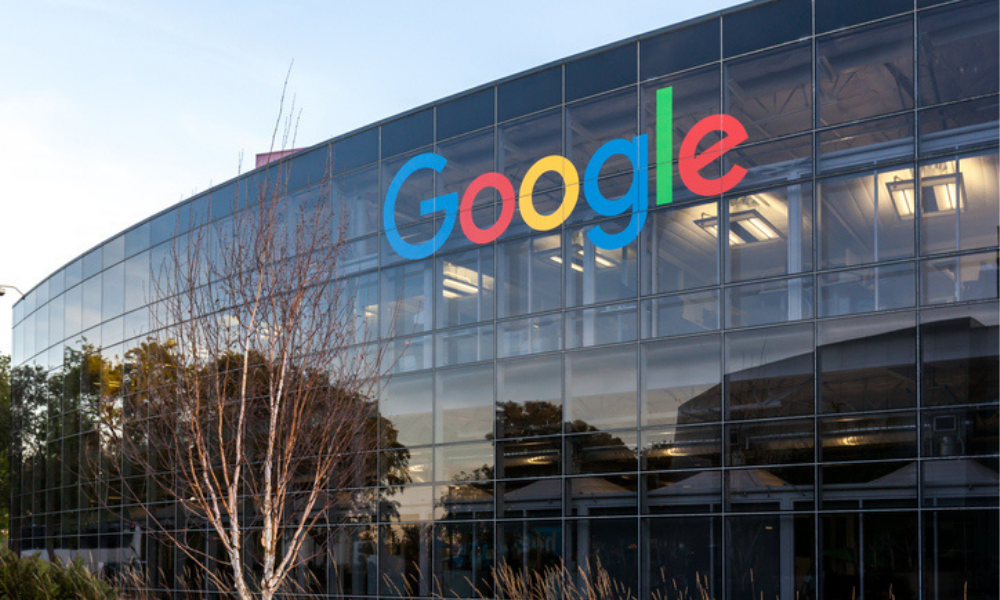
But can an employer really force staff back to the workplace?

Employers across the world are getting creative just to get employees back to the workplace - from providing free lunch to other interesting workplace perks.
Google, however, took things on a whole other level and organised a concert for returning employees last month.
The star of the show: None other than Lizzo herself.
Lizzo performed in front of a crowd of staff members who were returning to workplaces as the pandemic continues to show signs of slowing down.
"Thank you for being back. Thank you for surviving. Google, we back!" said Lizzo during the concert.
Google has implemented its return-to-office policy since April, according to the CNBC, with employees expected to return three days a week and two days of remote work.
"The advances in prevention and treatment, the steady decline in cases that we continue to see, and the improved safety measures we have implemented across our Bay Area sites now mean we can officially begin the transition to the hybrid work week," said John Casey, Google's vice president of global benefits.
Fun Friday: Why star employees love to take charge
Google's decision to hire Lizzo to bring employees back show how employers are now willing to go beyond and above in implementing their return-to-office schemes
But can an employer really force their staff back to the office? Jo Alilovic, founder of 3D HR Legal, said this would depend on the employer-employee agreement during the hiring process.
"If an employee was employed on the basis of a requirement to work in an office, then an employer is entitled to require that person to comply with their contract and return to the office. There doesn't have to be any other real justification for it," said Alilovic.